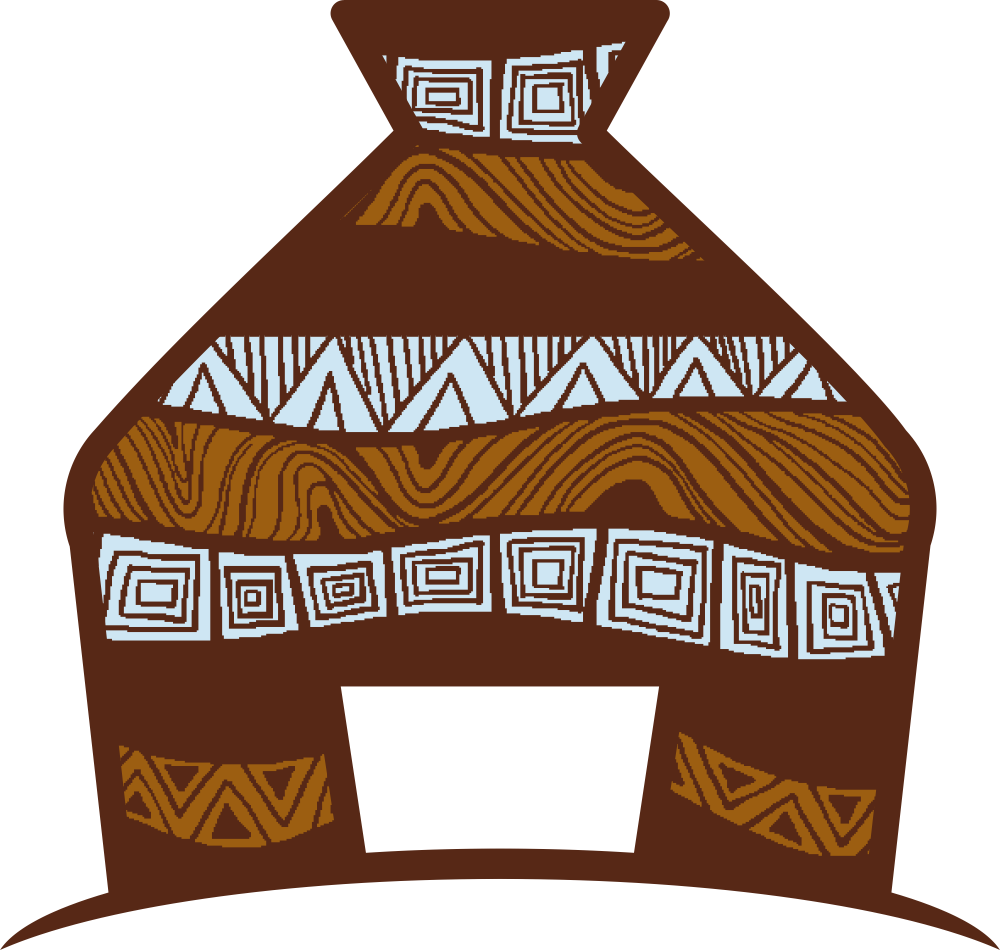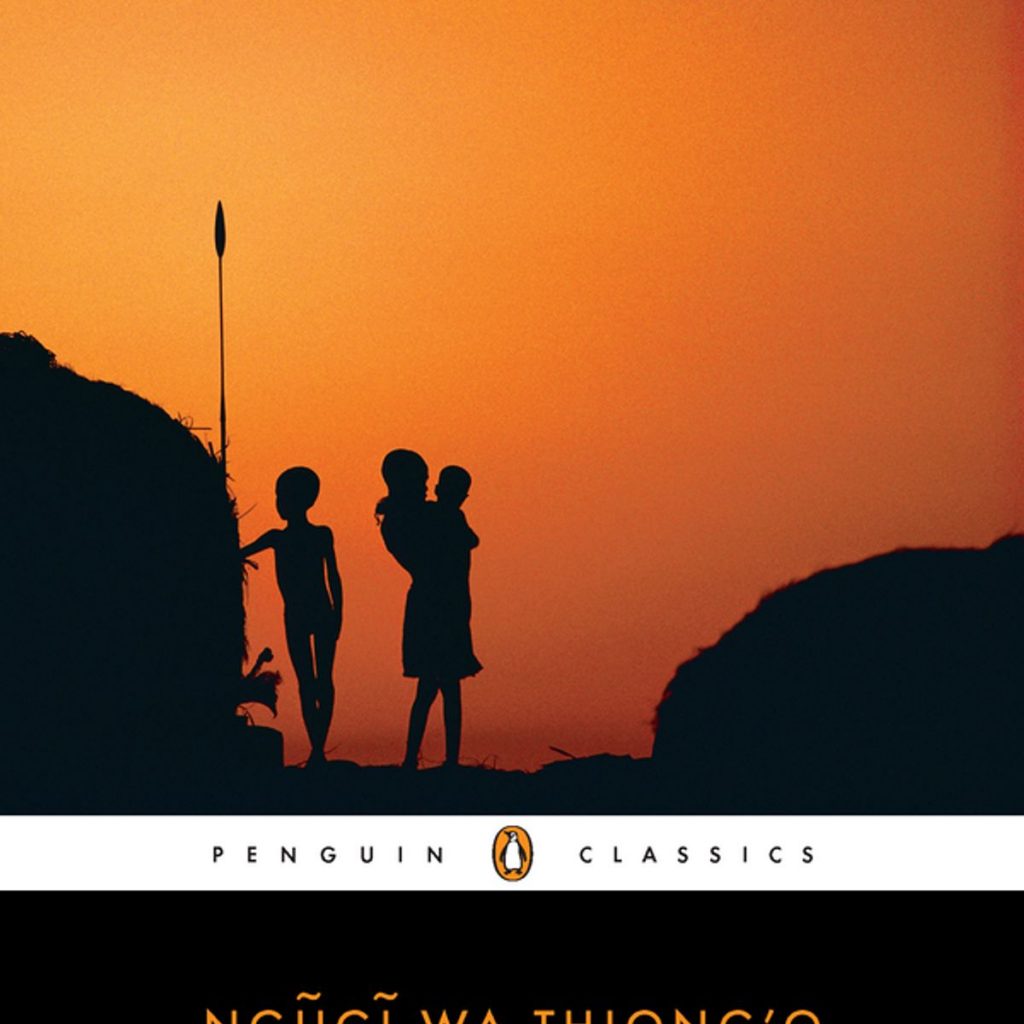By : Peace Osemwengie

Title: Weep Not, Child
Author: Ngugi wa Thiong’o
Publisher: Heinemann Education Publishers, Penguin Group
Published: 1964
ISBN: 978-1-101-58484-2
Weep Not, Child was the first novel to be published in English by an East African. It was first published in 1964 with the author’s name as James Ngugi. Ngugi is a Kenyan writer and academic who writes primarily in Gikuyu. Weep Not, Child was his first work.
The introduction of the book, written by Ben Okri, author of “The Famished Road”, is perhaps the one of the best and most appealing introductions ever written for a literary piece. Okri uses the appeal of mysticism and tradition that is African to draw the reader into a world of tangible fiction that is yet relatable. The introduction explains the birth of African literature not as a protest against colonialism, but rather it says that African literature has already been, its progression from oral to written hastened by the consequences of colonialism.
Okri maximises the parallelism that is Ngugi wa Thiong’o and explains in a triumphant manner, the change that comes upon an individual when the individual discovers himself as he is truly is: an African, one with tradition, mythology and a heightened sense of spirituality. After all, James Ngugi became Ngugi wa Thiong’o after he wrote this book.
The opening chapter begins with a conversation between the boy, Ngoroje and his mother Nyokabi. At once we see the yearning of Ngoroje for a better life that he believes can only be attained if one is educated, we see Nyokabi’s willingness despite the ragged circumstances that surround them to provide her child with something better. This longing for a better life is wrapped and expressed throughout the book. Everyone wants something better, and will do anything to get it or get there. Perhaps it is this element of “more” that makes the book as relatable now as it was in the ‘60’s. In this same chapter, the author gives the background story. He tells us how the lives and statuses of Ngoroje and his family and indeed everyone living in Kenya during that era are affected by the world beyond their little valley as seen here,
“people did not know how big the war had been because most of them have never seen a big war fought with poison, fire, and bombs – bombs that would finish a country just like that when they were dropped from the air. It was indeed a big war because it made the British worry and pray and those black sons of the land who had gone to fight said it was a big war…..it was better to give up the attempt and be content with knowing the land you lived in, and the people who lived near you.”
Ngugi explores everyday life in a country of people who are almost content with their lot as Ahoi in the land that was given to them by their ancestors. Few remember the old days, fewer still remember the prophecy and a much lesser number hold on to the words of the prophecy, as if by their remembrance, the prophecy will be fulfilled. One of such is Ngotho, husband to Nyokabi and Njeri, father to Boro, Kori, Kamau, Mwangi and Ngoroje. Through the eyes of Ngotho, we see a father’s infinite patience, wisdom and failure and his fear. Boro and Kori are war torn, angry and discontent with their lot and what they perceive as their father’s perpetual fall into disgrace. Kamau is perhaps the thinker, the one who understands that colour isn’t what makes a man, but instead his actions make him. And we have Ngoroje, the dreamer.
Ngugi shows us how caste is prevalent in traditional societies and how caste dictates the rules of engagement, even though unwritten. We see this in the love that blooms between Ngoroje and Mwithaki, the African equivalent of Shakespeare’s Romeo and Juliet, with a heart wrenching twist. He also shows us how the family is controlled by the father, but it is the intuition of the mothers that eventually save the day. Nguigi distinctly displays his “Africanness” and does not hold back nor does he shy away from exposing the ugliness that comes with the clutches of hate, racism and corruption. It is perhaps all of these qualities that make this book a favourite among literary buffs, readers and writers alike.
In writing this book, Ngugi set a tone for African Literature, reminding us that in our “Africanness”, there is a story to be told. He lauds the struggles and tears and sorrows and triumphs that is the blessing and curse of the African and teaches us to do the same. Ngugi may be likened to a chess grandmaster, only he is a master of African literature, his peers being the likes of Chinua Achebe, Wole Soyinka, and Camara Laye. All protest novelists, all proud traditionalists, all proud Africans. African literature will forever remain grateful to authors like Nguigi, who relish Africanism and make sure that we all do the same.


